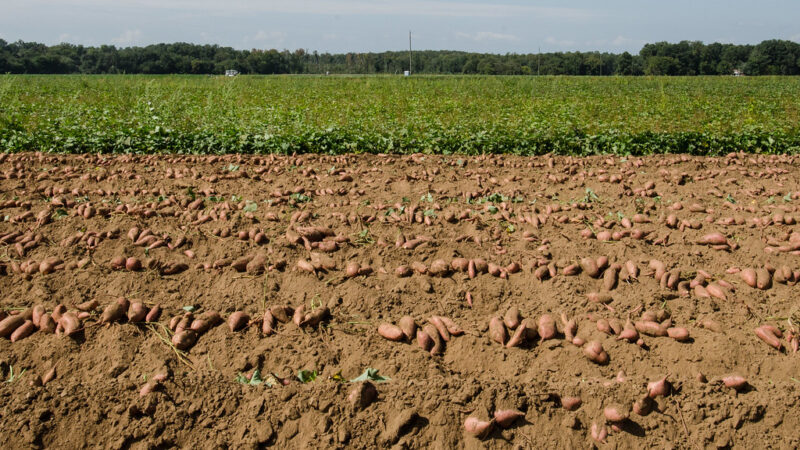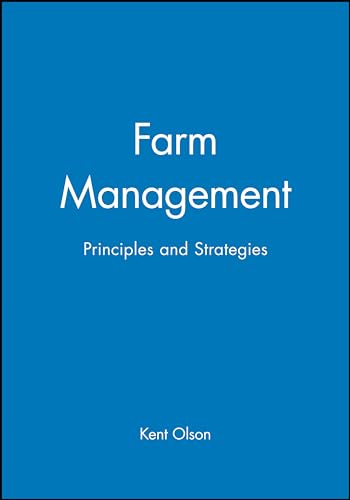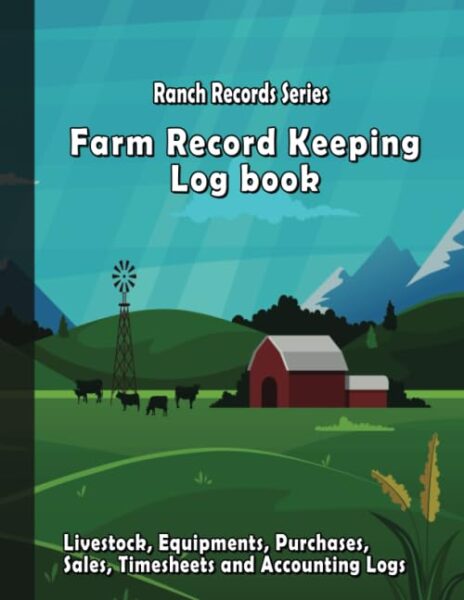Selling farmland offers the potential for significant profit, but achieving the best possible financial outcome requires a well-considered approach. To maximize your profits when selling farmland, several key strategies should be implemented. Understanding the intricacies of the market, enhancing the appeal of your property, and adept negotiation are vital components in this process.

"20130920-OC-LSC-0499" by USDAgov is marked with Public Domain Mark 1.0. To view the terms, visit Public Domain Mark 1.0.
Conducting a thorough market analysis is crucial in determining the fair market value of your farmland. Factors influencing its price include location, soil quality, water access, and proximity to urban centers. Sellers should utilize online valuation tools, seek advice from local real estate agents specialized in agricultural properties, and examine recent transactions of comparable plots to set an appropriate pricing standard. Additionally, keeping an eye on farm sector income forecasts can offer insights into financial trends that may impact pricing.
The physical appearance of your farmland can heavily impact its sale price. Potential buyers are often attracted to well-maintained properties. Sellers should invest in clearing debris, repairing access roads, and maintaining boundary lines to enhance the land’s overall condition, making it a more appealing investment opportunity.
Identifying and emphasizing the unique features of your farmland is key in attracting interested parties. High-quality soil, existing farming infrastructure such as barns or irrigation systems, and renewable energy resources like wind or solar arrays are notable features. Clearly documenting these advantages can help differentiate your land from others and justify a better selling price.
Strategic timing can significantly increase the sale price of farmland. Selling during peak agricultural seasons or periods of high demand can yield better offers. By monitoring market conditions and staying informed on economic trends in agriculture, such as break-even grain prices, sellers can decide the best time to list their property.

Having all related documentation readily available is essential in streamlining the sale process. Necessary documents include property deeds, tax records, soil test results, and any current leases. Thorough and organized documentation instills confidence in buyers and facilitates a smoother transaction.
| Documentation Type | Description |
|---|---|
| Property Deeds | Legal document proving ownership |
| Tax Records | Proof of tax payments and assessments |
| Soil Tests | Reports on soil quality and condition |
| Leases | Details of existing rental agreements |
Exploring various selling methods may attract diverse buyer demographics and affect the final selling price. Options include traditional property sales, auctions, and online marketplaces. Each method has its benefits and can be researched to determine which strategy might yield the highest return on investment. You might also want to consider marketing strategies like selling directly from the farm to maximize livestock product returns, if applicable.
Partnering with real estate professionals who specialize in agricultural properties can provide indispensable guidance. These experts can assist with pricing strategies, market insights, and effective property advertising, ensuring that the land reaches potential buyers effectively. Assistance from programs like farm ownership loans may also expand accessibility by helping potential buyers secure necessary funds.
Successful negotiations are critical to achieving a favorable sale. Understanding the motivations and needs of potential buyers can offer valuable leverage. While it's important to stick firmly to the desired price, flexibility should also be considered, as protracted discussions might necessitate compromise.

In the competitive world of agriculture, "Farm Management: Principles and Strategies" by Kent Olson emerges as an indispensable guide for anyone looking to optimize their farmland's profitability before a sale. This insightful book provides a deep dive into effective farm management techniques, presenting a breadth of knowledge from economic principles to practical strategies that enhance farm profitability. The clean, blue cover with its bold title invites readers to explore its wealth of knowledge, making it clear that the book is a serious tool for serious farmers and investors. Whether you are looking to streamline your operational costs, increase crop yields, or understand the market dynamics before selling, Olson’s comprehensive approach empowers you with the knowledge to make informed decisions. By aligning farm management practices with your financial goals, this guidebook is a gateway to realizing the maximum potential of your agricultural investments. Unlock the full value of your farmland with this expert resource.

To truly maximize your profits when selling farmland, meticulous record-keeping is crucial, and the "Farm Record Keeping Log book" is an indispensable tool for this purpose. By analyzing the product images, it's evident that this comprehensive log book offers a simplified way to track all aspects of farm management, from livestock and equipment to purchases and sales. Its straightforward layout is designed for clarity and efficiency, helping you maintain a detailed account of farm activities that can be critical during the sales process. Potential buyers are often willing to pay more for properties with clear, well-maintained records, making this log book a valuable asset. By keeping an organized account of farm operations, you'll be providing transparent evidence of your farm's productivity and value, thus fostering trust and incentivizing better offers from buyers. Enhance your farm's appeal and ensure you're getting the best possible return by incorporating this logbook into your routine.
For an organized approach to farm management, consider utilizing this purpose-built log book by visiting Farm Record Keeping Log book.
As you embark on your journey to sell farmland and maximize your profits, remember the power of staying informed and connected. We hope this guide has given you valuable insights and actionable strategies to achieve your financial goals. If you're eager to learn more about the real estate market or share your own experiences, we’d love to hear from you! Join us on X (formerly Twitter) for quick tips, follow our exciting visual stories on Instagram, and get inspired by our curated ideas on Pinterest. Don't forget to visit our Facebook community to dive deeper into discussions and share your journey with fellow farmland enthusiasts. Let's connect and thrive together in this dynamic market!
